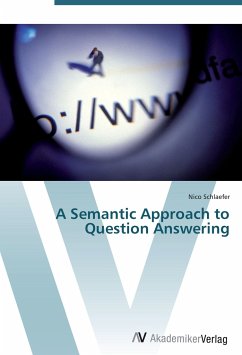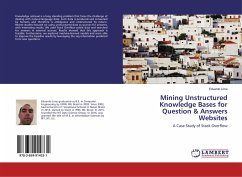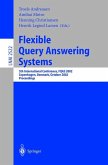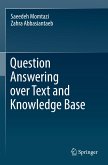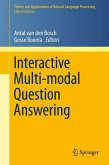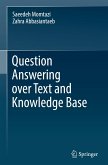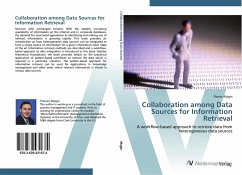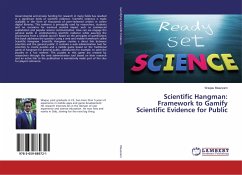Revision with unchanged content. The discipline of question answering (QA) is concerned with the retrieval of accurate answers to natural language questions from a textual corpus. While early QA systems predominantly relied on lexical and syntactic techniques to find the correct answer in a document collection, semantic approaches have become increasingly popular as means of bridging the gap between ques tions and answers. The author Nico Schlaefer investigates how semantic resources can help to improve the accuracy of QA systems. Semantic parsing techniques are applied to transform questions into semantic structures and to find phrases in the document collection that match these structures. Ontologies are used to extract terms from questions and corpus sentences and to enrich the terms with semantically similar concepts. These resources are evaluated within the Ephyra framework, a state-of-the-art system for domain-independent QA. The book is intended for researchers and developers in the fields of natural language processing and information retrieval. It includes a brief overview of QA and introduces relevant algorithms and concepts from the fields of statistical modeling and graph theory.
Bitte wählen Sie Ihr Anliegen aus.
Rechnungen
Retourenschein anfordern
Bestellstatus
Storno

